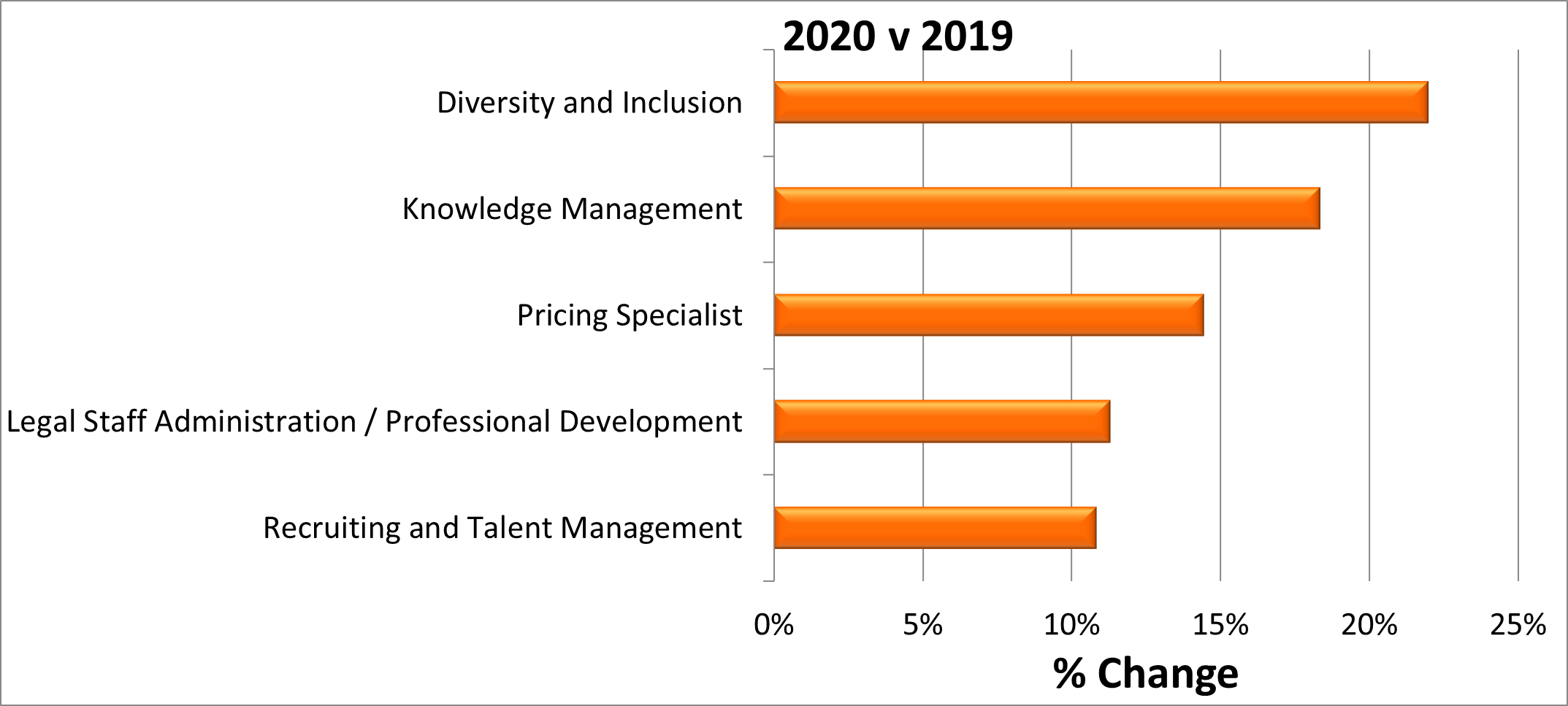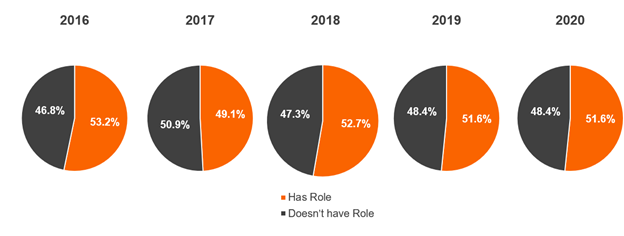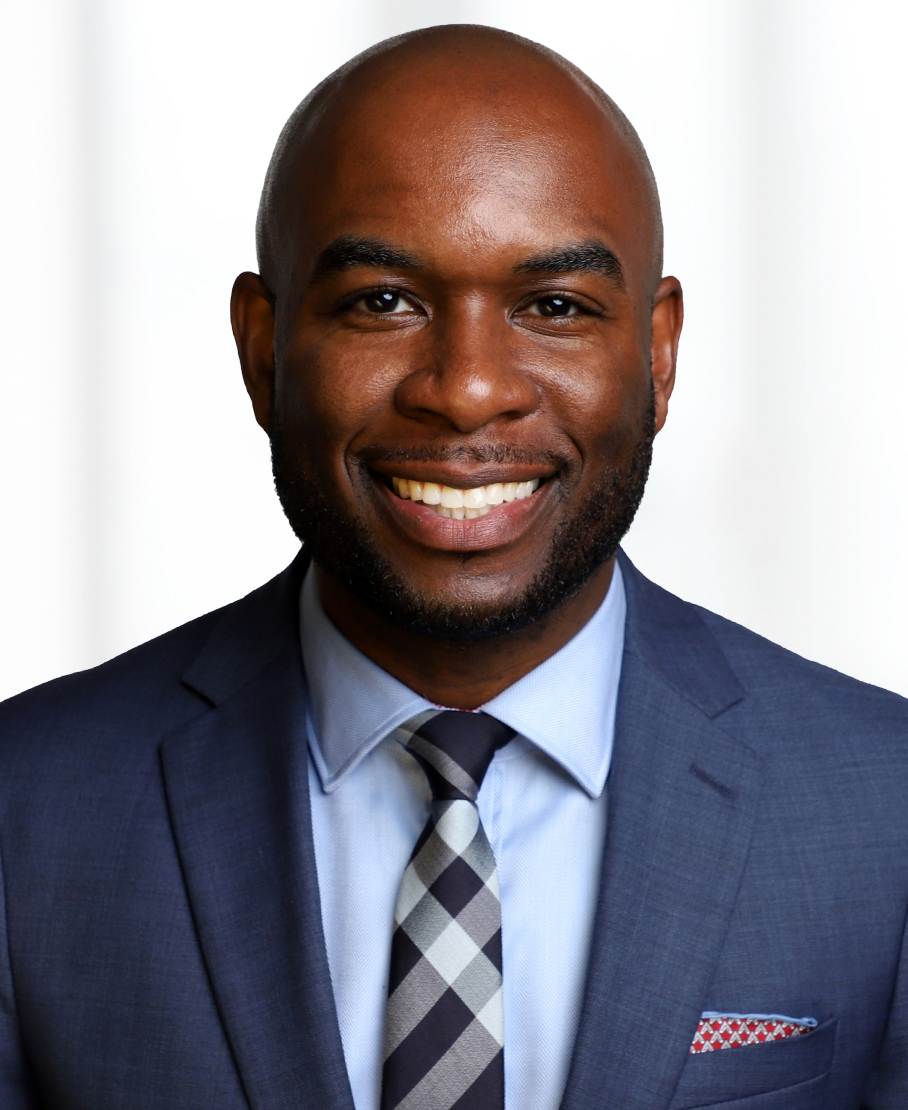Amid a growth in D&I roles among law firms, we speak to Lloyd Freeman of Buchanan Ingersoll & Rooney about how these leaders can make an impact
According to data from Thomson Reuters Peer Monitor’s annual Staffing Ratio Survey, diversity and inclusion (D&I) roles within law firms saw the biggest growth in investment in 2020. The growth was seen in many law firms investing in C-level, full-time titles.

What is interesting is that the growth only came from 52% of the law firms participating in the survey, and this has remained pretty consistent over the last five years.

One of the firms investing in a C-level role was Buchanan Ingersoll & Rooney, which hired Lloyd Freeman as its full-time chief D&I officer in November 2020. However, the firm had made a number of investments in the D&I space prior to Freeman’s hire and was one of the founding firms of the Diversity Lab’s Mansfield Rule in 2017. In part as a result of its participation, Buchanan has seen its representation of attorneys from underrepresented backgrounds increase significantly since 2017. For example:
-
-
- 45% of the firm’s management and executive committee is comprised of underrepresented attorneys;
- In 2020, underrepresented lawyers earned 66% of the equity partners promotions; and
- 43% of the firm’s compensation committee is comprised of lawyers from underrepresented backgrounds.
-
Driving early impact
When Freeman first started, he says he invested his time into two key areas — the diversity data on representation and establishing relationships with individuals in key strategic roles, such as practice leaders and the chairperson of the promotions committee, where critical advancement and promotion decisions are made.
To achieve these goals, Freeman prioritizes starting at the top first. “Once you start to diversify the partnership, that is really what’s going to drive diversity in your recruiting efforts and business development,” he explains, adding that he understands that diversity begets diversity, meaning that when underrepresented lawyers are seen in greater numbers within the partnership, in leadership roles of practice areas, and managing partners of offices, then there is a multiplier effect that results in greater recruitment, retention, and promotion of attorneys from diverse backgrounds.
Auditing the performance & promotion processes
Next, Freeman says he took the time to dive into the processes that drive equity at the firm by performing audits to understand how equitable these processes were. These audits included analyzing associates and their workloads, the demographics of the highest billing associates, pay equity during the compensation cycle, and the representation of associates who are getting face time with clients.

Needing to seek buy-in to adjust a process to make it more equitable, Freeman describes his approach as “inclusive decision-making” and pivots back to the key relationships that he built in the early days of his role. If he discovers bias in performance evaluations where there are different views between associates and supervisors’ feedback, Freeman says he will then look at the data and speak with the associates and the supervisors to identify the precise issue to tweak. This methodology “works for everyone because you’re including everyone in the process,” he explains.
Early client collaboration with clients
One of the ways that Freeman says he has been able to have a measurable impact at the firm in his first year is because of the collaborative client initiative he put together for the firm’s summer associates. Each summer associate went through the “diversity corporate share program” which offered them the opportunity to acquire meaningful client-facing experience through mini-secondments. This gave the associates insight into how a legal issue on which the firm has advised a client makes its way from outside counsel to impacting in-house counsel and their business operations.
In particular, this initiative has benefitted Buchanan because it demonstrated to clients how the firm is intentional about recruiting and hiring talent from diverse backgrounds. “This year, 100% of our summer class was comprised of students who were women or from underrepresented backgrounds, and we gave them client-facing roles at the very beginning of their careers” to prevent the inequities that can start from day one as a junior associate in private practice.
Evolving culture through inclusion
Finally, Freeman says he spends a lot of time on building an inclusive culture that empowers colleagues to be able to stand up and support one another. They also are encouraged to commit to solutions that make the firm as a workplace better for everyone — from mailroom colleagues to senior equity partners and all individuals in-between.
Indeed, with the normalization of employee expectations around discussions of social justice and how to be an antiracist, the definition of a better and more inclusive workplace has shifted. As a result, Freeman says he finds himself having a lot of one-on-one, internal and external chats around privilege and how those who have it can use it to support their colleagues from underrepresented backgrounds more effectively.
Through the combination of allyship and emotional intelligence, he advises colleagues on how to create a safe space. With trust and human connection built, Freeman then coaches them on how to be an ally in group situations and the tactics for how to be an effective advocate for underrepresented colleagues, especially when they are not in the room.
In his own experience, one of the benefits in starting his role during the pandemic has been his observation that people have been more candid because of the safety that lawyers feel when working from home. Building relationships on video has helped to mitigate the stigma associated with approaching uncomfortable conversations around D&I and in turn, has created a culture where everyone feels valued.







